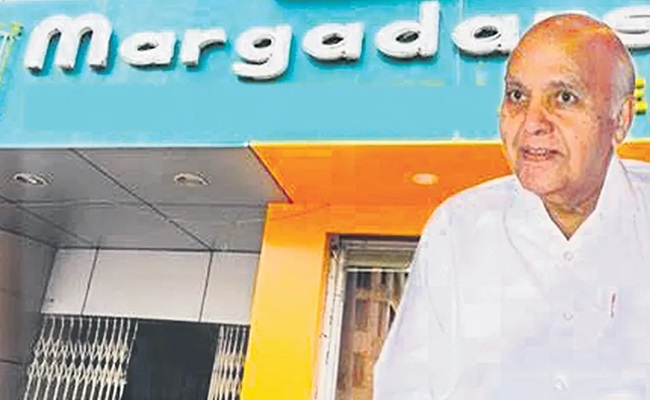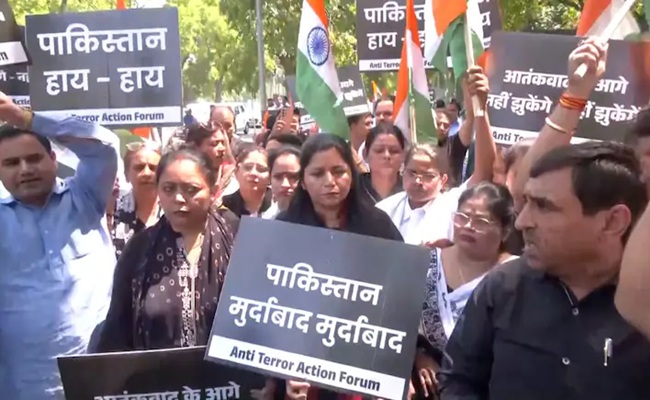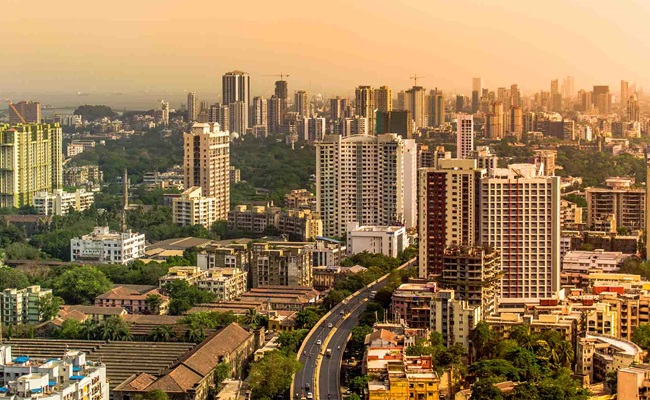
Former MP Vundavalli Arun Kumar has been relentlessly pursuing a legal battle against Margadarsi Financiers, headed by late media baron Ch. Ramoji Rao, accusing the firm of collecting public deposits in violation of RBI regulations.
When Ramoji Rao passed away in June last year, Vundavalli stated there was no point in continuing the case against him since Rao was no longer alive. This led to speculation that Vundavalli might withdraw his petition.
However, in August, he resumed his arguments in the Telangana High Court, asserting that Margadarsi had violated rules by accepting deposits.
On Friday, Ramoji Rao’s legal heirs filed a petition in the High Court, requesting the closure of criminal proceedings against the firm and the late Ramoji Rao.
Senior Supreme Court advocate Mukul Rohatgi, representing the heirs, argued that Rao’s death rendered the criminal case against Margadarsi Financiers moot.
He further contended that criminal liability could not be transferred to the legal heirs following the death of the kartha (head) of a Hindu Undivided Family (HUF) and that vicarious liability does not apply in such cases.
A division bench comprising Justice P. Sam Koshy and Justice K. Sujana heard the batch of petitions related to criminal proceedings against Margadarsi Financiers and Ramoji Rao for allegedly violating RBI regulations on public deposits.
In its counter-affidavit, the Reserve Bank of India (RBI) asserted that Margadarsi Financiers and Ramoji Rao had violated Section 45S of the RBI Act, punishable under Section 58B(5A).
RBI counsel L. Ravichander argued that the proceedings should continue against HUF Margadarsi Financiers even after Ramoji Rao’s death, as it is a distinct legal entity separate from its members.
The judges also opined that while the deposits had been returned, the criminal proceedings should continue due to the violations committed by the kartha of the HUF. However, due to a lack of time, the court adjourned the hearing to February 28.













